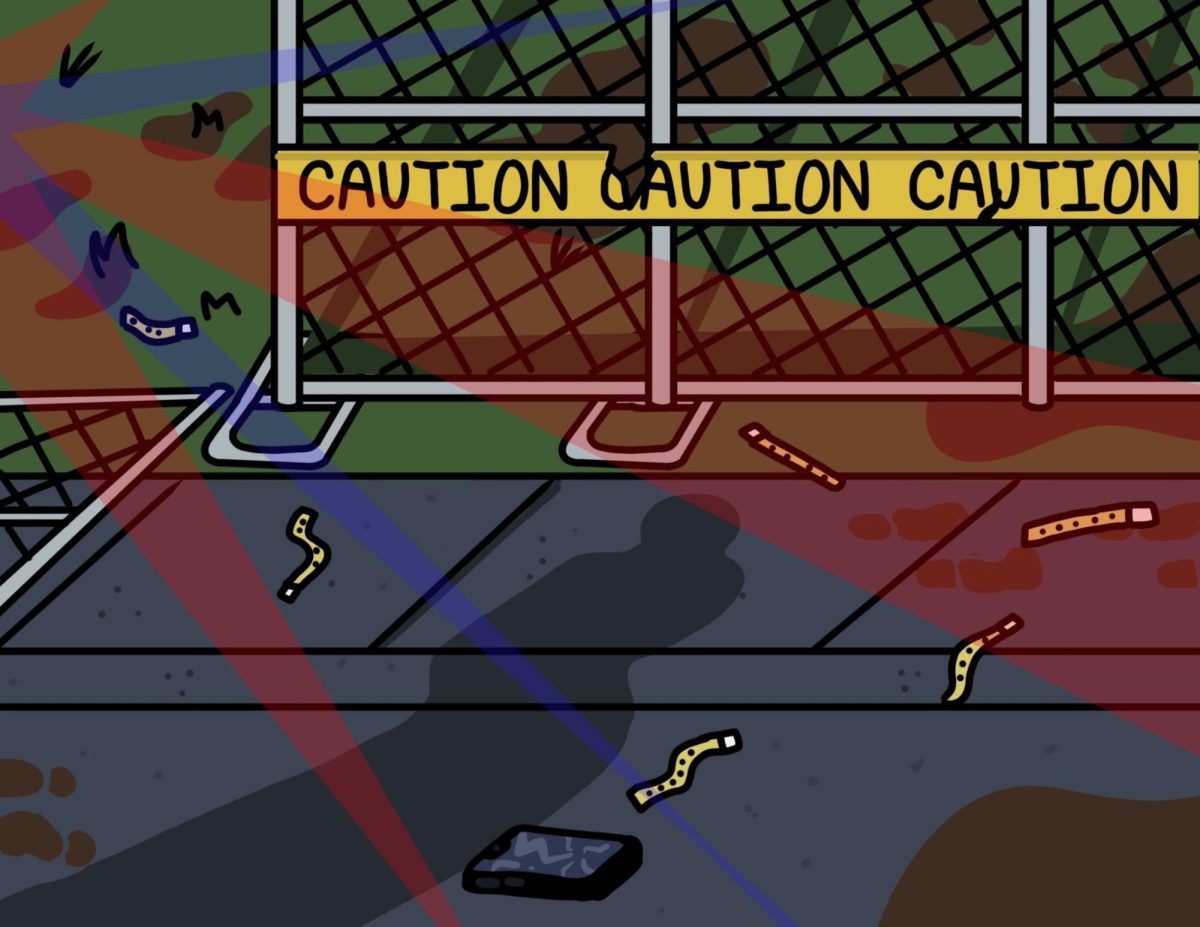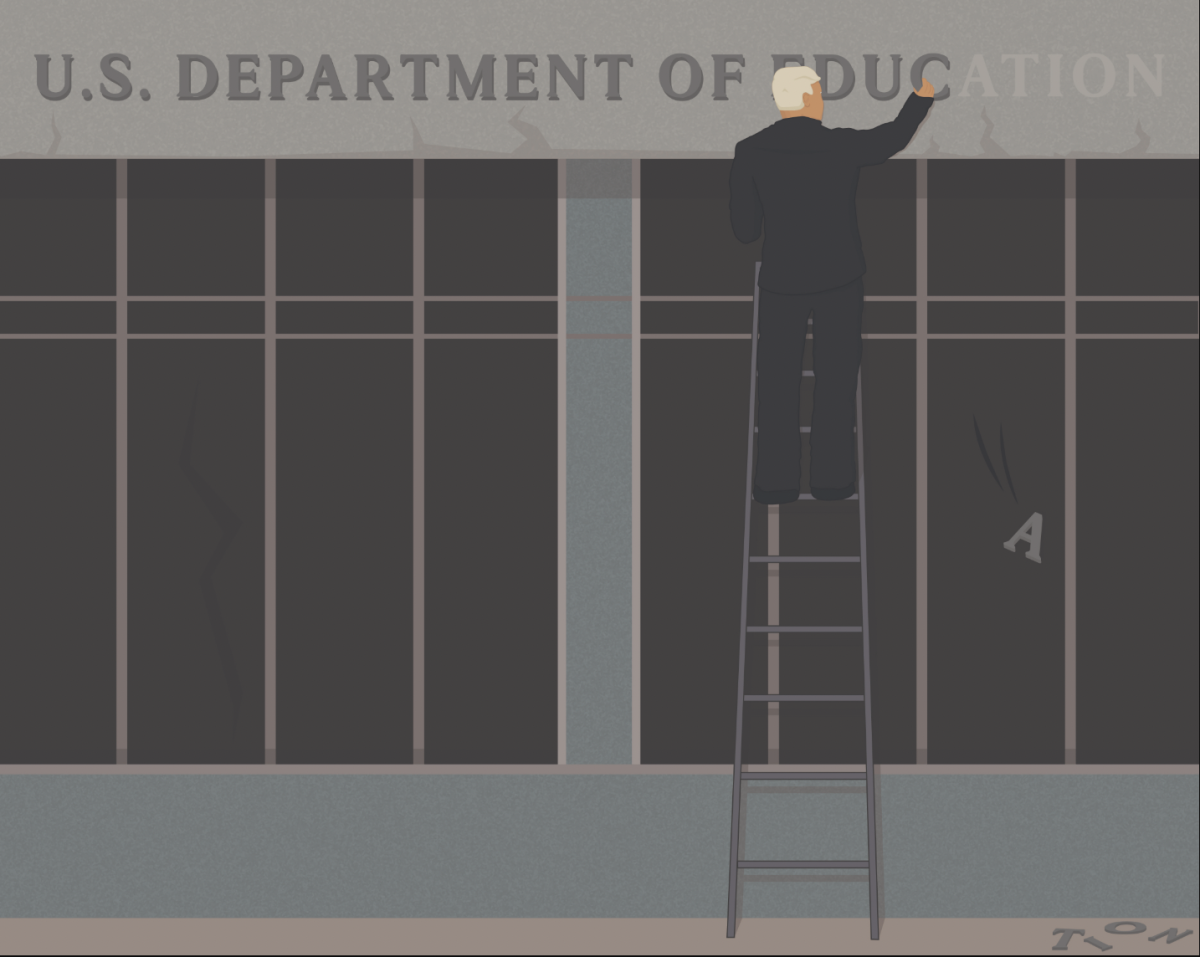The foundation of any healthy democracy is enthusiastic, active civic engagement by the collective community. When the people are apathetic to the decisions of the people selected to represent them, the society is flawed and only marginally better than an oppressive state. If the right to vote is not exercised, then it does not serve its purpose in a government for the people and by the people.
Apathetic attitudes toward voting and civic involvement do not exist without reason. Voter suppression, gerrymandering and a lack of ballot education make it difficult for the average citizen to feel that their vote matters. It can be disheartening to care and trust in the process and see the system fail its most vulnerable time and time again. This has been a common theme in Texas specifically. Only 43 percent of eligible adults in Texas voted in the 2016 general election and even fewer Texans turned out for the 2014 midterms with 35 percent casting a ballot. A common saying among politically motivated Texans is the phrase “Texas isn’t a red state. It’s a non-voting state”; a sentiment recently repeated by Democratic senatorial challenger Beto O’Rourke.
But this may no longer be as true as it once was.
Early voting results in the 2018 primary have seen increased turnouts from both political parties, compared to 2014. In particularly, participation in the Democratic primary has more than doubled since the last gubernatorial election. Accompanying the increased voter turnout, Gallup declared Texas is no longer a solid red state and instead operates more like a battleground state with Republican leanings. The civic engagement during the state primary has prompted some to decree Texas is experiencing a “blue wave.”
Despite the long term reputation of being a conservative stronghold, Democrats have experienced some success at the state level before, such as former Governor Ann Richards and former Lieutenant Governor Bob Bullock. But on the national level, the reputation was well deserved. Texas has not voted for a Democratic presidential candidate since Jimmy Carter in 1976, since then, Republicans have won by more than a 10 percent margin in seven of the last 10 presidential elections.
However, the face of Texas is changing and with it, so is the average voter profile. The Latino population continues to grow and the majority of them are younger, on average according to Pew Research Center. Urban areas expand and with them, diverse communities flourish. A single party cannot retain control of an entire state when they fail to adapt to representing their constituency. Texans must come out to vote and support the Texas we all deserve.
This is not an explicit endorsement or dismissal of the blue wave, but rather an optimistic approach to increased voter participation and the benefits of an active voting populace in the republic. The excuse of “my vote doesn’t matter” is no longer good enough to not participate in elections. The path to a greater society cannot be traveled by doing nothing. In fact, we are faced with no other option if our democracy is to survive.
Categories:
Voter participation is vital to democracy
March 6, 2018
The Main Point is an opinion written collectively by The University Star’s Editorial Board. Opinions expressed are not necessarily those of our entire publication.
0
Donate to The University Star
Your donation will support the student journalists of Texas State University. Your contribution will allow us to purchase equipment and cover our annual website hosting costs.
More to Discover















